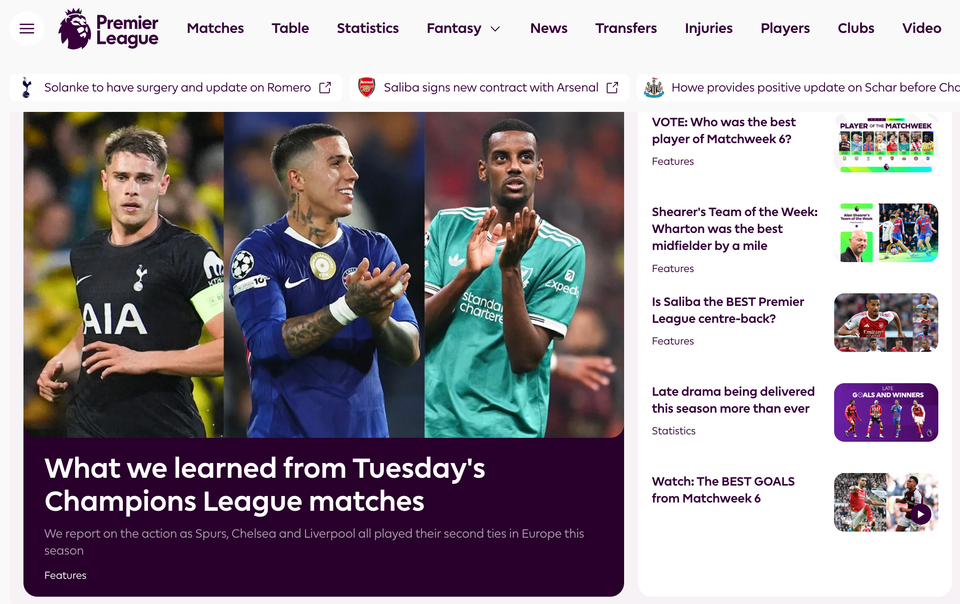Windows Phone 7: Excellent, Also Doomed?
Can Microsoft do it? Can they really come back from the dead in the mobile game? I asked these questions when Seventh Windows Mobile Phone Seven Series Phone 7 Windows Phone 7 was introduced at last year’s MWC.
Today, Matt Thompson, GM, Developer and Platform Evangelism, Microsoft (maybe the person at MSFT who decides the product names also decides the titles?) took the stage at Mobilize to convince us they are indeed still in the game.

His delivery and tone were excited, if not apologetic. He rightfullly admitted the scenario Microsoft is currently facing, stating, “We’ve been clearly dominated by Android, iPhone,” at the start of his preso.
After a game demo of Babylonian Twins–a game that Thompson’s cohort demo-er made sure to tell us was originally on the iPhone but ported to WP7 in “a matter of days”–Thompson put in a plug for developers.
“We have thousands of developers already signed up, and we’re looking for more.” As an evangelist, he has to paint a rosy picture, but to say they are “looking” for more is an understatement. I have heard many rumblings from within the mobile developer community of Microsoft essentially bribing–or attempting to bribe–coders to write for WP7.
Regardless of Microsoft’s challenges wooing developers, I’m intrigued with the platform. It’s the only major Smartphone OS that isn’t just a honeycomb grid of apps. Noah from Phonedog thinks its UI makes the iPhone look like a dinosaur, and I agree.
Thompson touted the cloud connectivity of the OS, the baked-in social and gaming features and all the other reasons why WP7 is the better than the rest. I’ll reserve judgment on how well it all comes together until I actually have some quality hands-on time, but I think the elephant in the room here is Microsoft’s, flawed, old-world business model of selling their mobile OS to OEMs.
The days of making money from selling a mobile OS are just over. Over over over. It’s genuinely sad to see this potentially innovative, forward thinking design sandbagged right out of the gate by such a backward-facing
business model.
With Windows Mobile, Microsoft tried to shove a desktop into a handset, complete with Start menu and squint-inducing menu items. This was the old world of mobility, with less than modest success, unispired plasticky hardware design and “good enough” software usuability. Then came the iPhone. Microsoft has conceded that a capacitive touchsreen and a touch UI is the future of mobility, but they are foolishly clinging to their ancient, desktop-inspired business model.
Note to Microsoft–you’re halfway there with WP7, but Android will continue to drink your marketshare milkshake unless you change your business model. Apple is too busy counting profits to care about marketshare, but they will crush you too.



